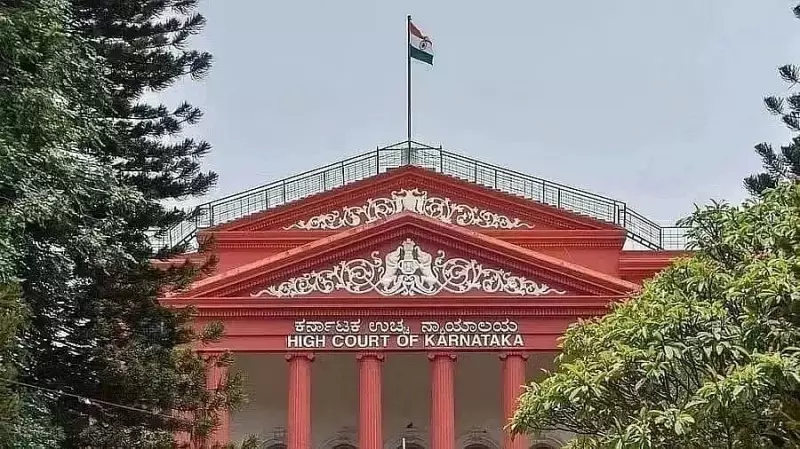
In a dramatic legal development that has captured statewide attention, the Karnataka High Court has intervened to temporarily suspend a contentious government order concerning the regulation of public spaces. This judicial move comes amid growing controversy surrounding events organized by the Rashtriya Swayamsevak Sangh (RSS).
Court's Decisive Intervention
The High Court's stay order represents a significant setback for the state government's attempts to control and monitor the usage of public grounds and facilities. Legal experts suggest this decision could have far-reaching implications for how public spaces are managed across Karnataka.
The bench, while issuing the stay, emphasized the need for careful consideration of the constitutional aspects involved in regulating public spaces. The court's intervention came in response to petitions challenging the government's authority to impose such restrictions.
Background of the Controversy
The disputed government order had sparked widespread debate among political circles and civil society organizations. Critics argued that the regulations unfairly targeted specific organizations, while supporters maintained they were necessary for maintaining public order.
The RSS, which regularly conducts activities in public spaces, found itself at the center of this legal storm. The organization's representatives welcomed the court's decision, calling it a victory for democratic rights and equal access to public facilities.
Legal Implications and Next Steps
Legal analysts highlight that this case touches upon fundamental questions about:
- The extent of government control over public spaces
- Constitutional rights of organizations to access public facilities
- Balancing security concerns with freedom of assembly
- Equal treatment of all organizations in space allocation
The stay order will remain in effect until the court conducts a thorough hearing of the case. Both parties are expected to present detailed arguments in the coming weeks.
Political Reactions and Public Response
Political parties have reacted strongly to the court's decision. Opposition leaders have hailed the judgment as a check on what they call "government overreach," while ruling party representatives have expressed disappointment, emphasizing the need for regulated use of public spaces.
Public response has been mixed, with some citizens expressing relief at the court's intervention, while others worry about potential law and order implications. The case continues to generate heated discussions across social media platforms and public forums.
The next hearing in this closely watched case is expected to take place in the coming weeks, where more detailed arguments from both sides will shape the final outcome of this significant legal battle.






